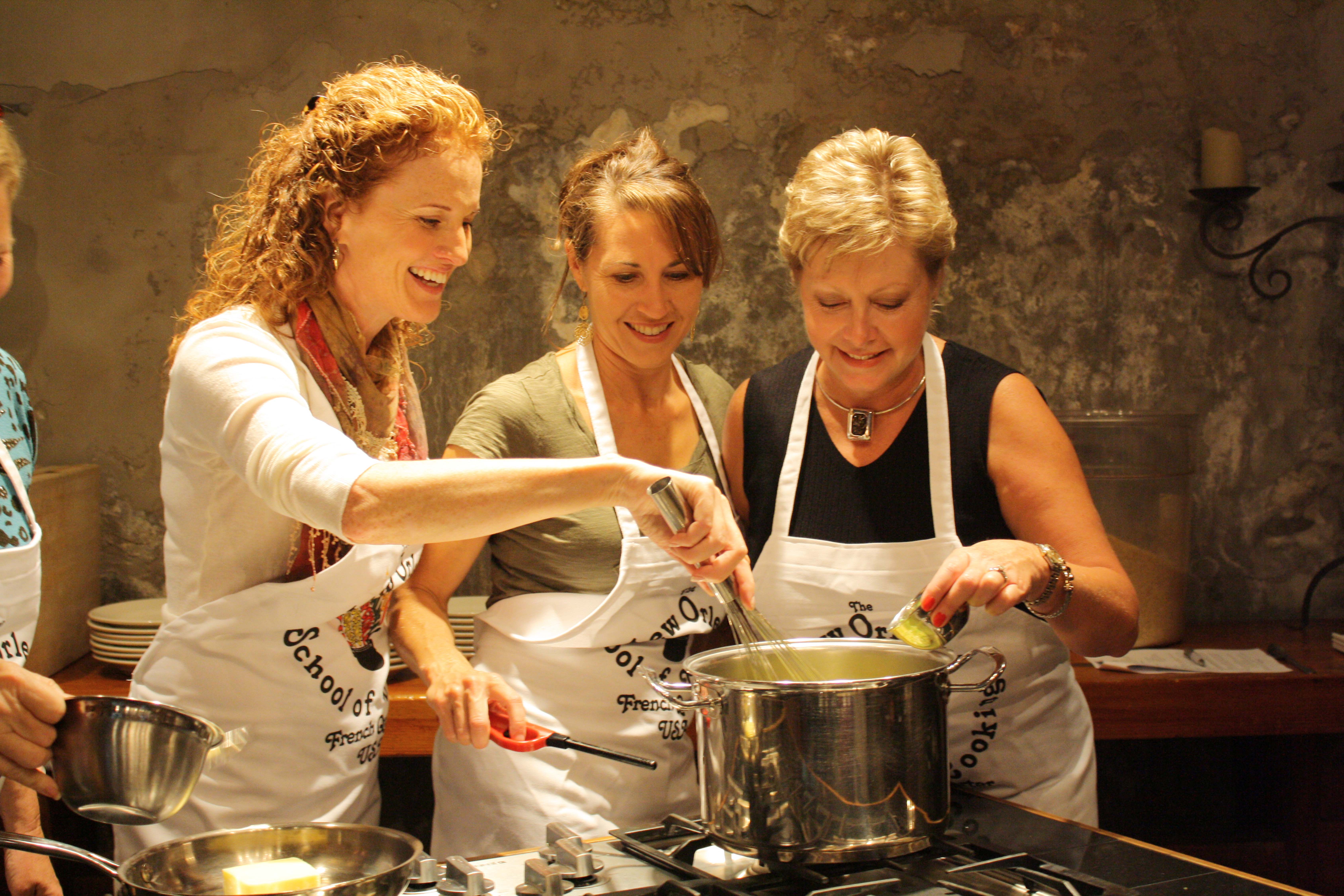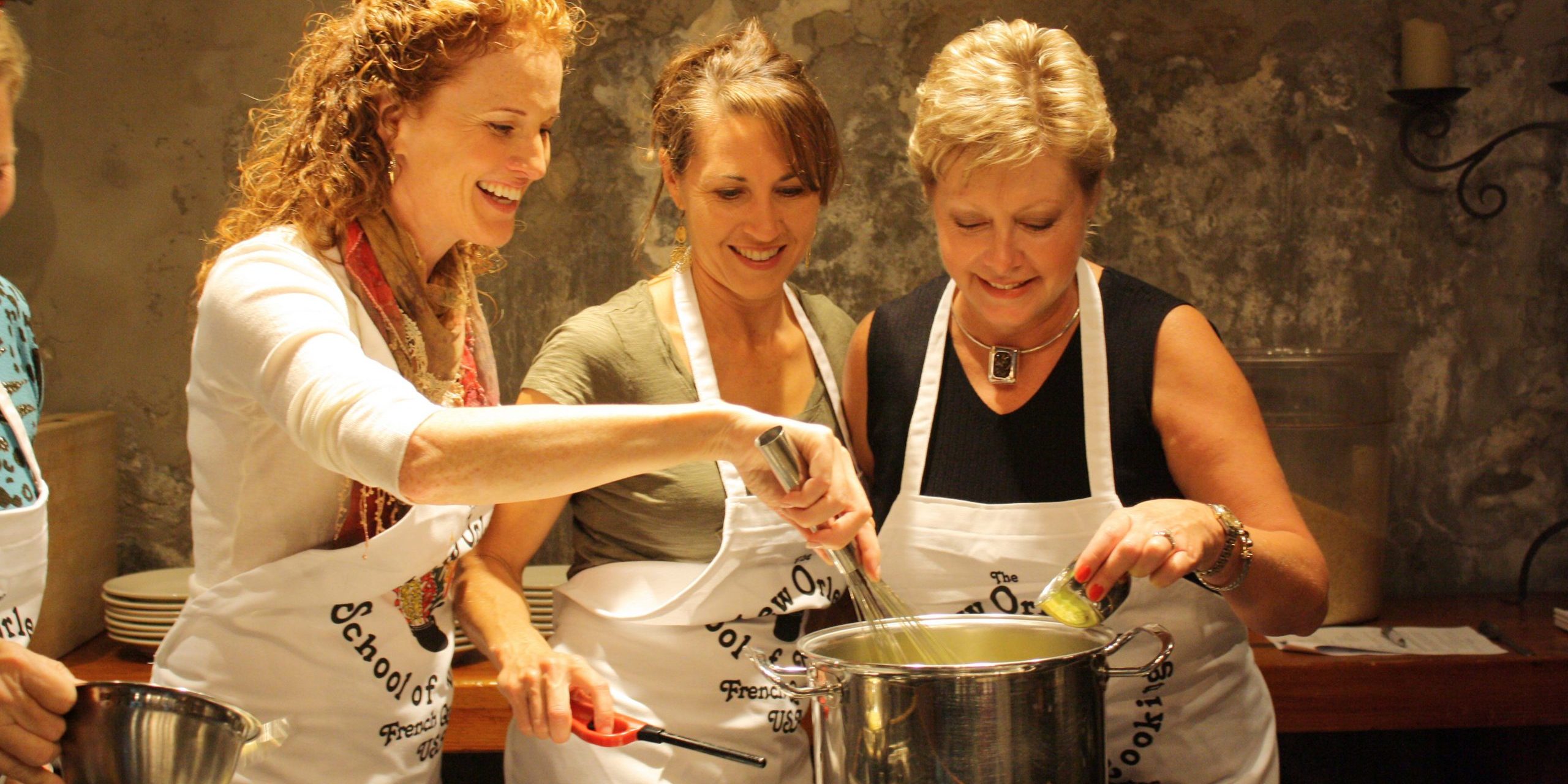 With the holiday season approaching, countless events become abuzz with holiday parties, church and social events, and family dinners typical for the season. These events serve many purposes and when understood more clearly enhance, solidify, and safeguard your relationships and overall emotional health. Rituals are activities that couples and families create that occur on a predictable frequency that many if not all family members enjoy. Routines are similar but are altogether different. Routines are activities that involve family members yet are more mundane and a part of everyday living.
With the holiday season approaching, countless events become abuzz with holiday parties, church and social events, and family dinners typical for the season. These events serve many purposes and when understood more clearly enhance, solidify, and safeguard your relationships and overall emotional health. Rituals are activities that couples and families create that occur on a predictable frequency that many if not all family members enjoy. Routines are similar but are altogether different. Routines are activities that involve family members yet are more mundane and a part of everyday living.
Having worked with scores of families over the last decade, I have found that strong stable healthy families are engaged in consistent and predictable rituals. Rituals are unique as they bring some meaning and value that tends to tie and connect members of families to one another. Some rituals I think of could be thought of as rites of passage. For example, a teenage son’s bringing his prom date by his home for photos along with a quick meet-and-greet with his parents. Other rituals might include your attending a community event each Easter for their annual Easter egg hunt. Other events that are larger and more spiritually significant for many might include bar mitzvahs, weddings, baptisms as spirituals rites of passage as well as religious holidays such as Christmas, Easter and Hanukkah. These events are not restricted to any given faith framework or community as communities and cultures throughout the world have such rituals. As these rituals repeat and unfold in families they add to the family’s stability and health. It is these occasions that tie individuals, couples, families and communities together in their own unique ways.
Family traditions are in fact rituals but are less guided by culture or faith frameworks and are more unique to each family. I remember during my own childhood seeing Santa each year at my grandmother’s Christmas party. All my cousins would arrive eager with eyes aglow for the stocking from grandma filled with candy, nuts, and fruit and the arrival of St. Nick. Traditions can help tie a family’s sense of uniqueness while connecting them to the greater community. In families where stresses such as death, divorce, and other developmental complications occur, family traditions can help stabilize and bring healing during tumultuous times. I think of clients I have worked with that have had sickness and death interrupt the otherwise normal flow of their lives. It is the emotional upset and surprise of such events that brings unsettling anxiety and fear. The rituals are then a natural part of soothing and helping individuals and families regain homeostasis or a state of balance during a time of pain and sorrow. Rituals in themselves help create a sense of family identity. They also contribute to the establishment and continuation of values and beliefs.
Change is inevitable and it is consistent predictable rituals that assist families in staying within the safe emotional moorings that promote more happy enriched relationships. So how does this apply to you? Begin by evaluating your own rituals within your relationship or family. If you have children, ask them what they might like to start in terms of traditions. If you married and without children ask your spouse what rituals you would like to establish. If you’ve drifted from old rituals invigorate your life now by getting started again.
Seize today and establish the rituals in your own life that make it enriching, predictable, and meaningful. Enjoy your journey, you life will be filled with the chapters you author. Author the next chapter of your life!
Copyright: No part of this article in section or full may be reproduced without permission from the author Justin Stum, MS LMFT. The one and only exception is for educational purposes and only if the contact information below for the author is fully cited here in article. Justin Stum, MS LMFT, 640 E. 700 S. Suite 205B, St. George Utah 84770, 435-574-9193 https://www.justinstum.com








